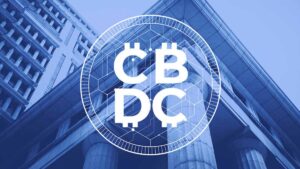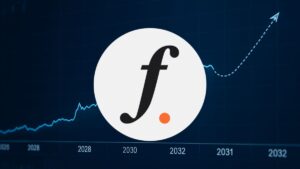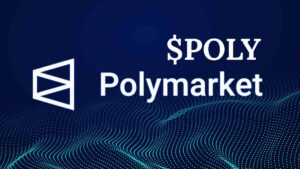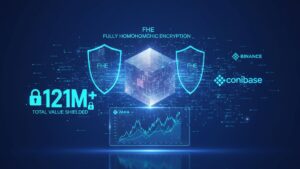TL;DR
- MegaETH will launch a regulated public sale of MEGA tokens under the EU’s strict MiCA rules, requiring KYC.
- The tokenomics reveal a 9.5% allocation to the team and 53.3% to staking rewards to bootstrap activity.
- The network will introduce global “sequencer rotation” and “proximity markets” to minimize latency in DeFi.
Ethereum’s Layer 2 protocol, MegaETH, has confirmed the authenticity of a circulating MiCA-compliant whitepaper. The document details plans for a future public offering of MEGA tokens regulated under the European Union’s strict Markets in Crypto-Assets (MiCA) framework.
“Confirming this is the MiCA whitepaper,” stated Namik Muduroglu, a founding contributor of MegaLabs. The document, dated September 24, 2025, stipulates that participants in the upcoming public sale of MEGA tokens must complete mandatory “Know Your Customer” (KYC) verifications. Furthermore, EU-based buyers must custody their funds with a MiCA-licensed provider, naming OKCoin Europe Limited for this role.
Adopting the MiCA framework, which came into full effect in December 2024, allows MegaETH to legally access retail investors in the EU, although it also imposes strict investor protection rules, such as mandatory disclosures and cooling-off periods, which could slow mass adoption.

Tokenomics and Novel Architecture
The MiCA-compliant MegaETH whitepaper provides a detailed breakdown of the distribution of its 10 billion MEGA tokens. The protocol has allocated a “surprisingly modest” figure of 9.5% to the team. In contrast, a large portion (53.3%) is earmarked for KPI (Key Performance Indicator) based staking rewards, a strategy designed to bootstrap on-chain activity. Venture capital (VC) investors received around 14.7%.
The MEGA token is positioned as the economic engine for two novel infrastructure features: sequencer rotation and “proximity markets.”
Under the rotation design, MegaETH will operate a single active sequencer that rotates around the world following the “global economic day.” Operators will compete for time windows by staking ($MEGA) and will be selected based on their stake, performance, and infrastructure.
The “proximity markets” concept creates an on-chain market for low-latency access. Market makers and applications will bid for “sequencer-adjacent floorspace” by locking MEGA tokens. These seats will be dynamically allocated and tokenized, aiming to tighten spreads and deepen liquidity in DeFi.










